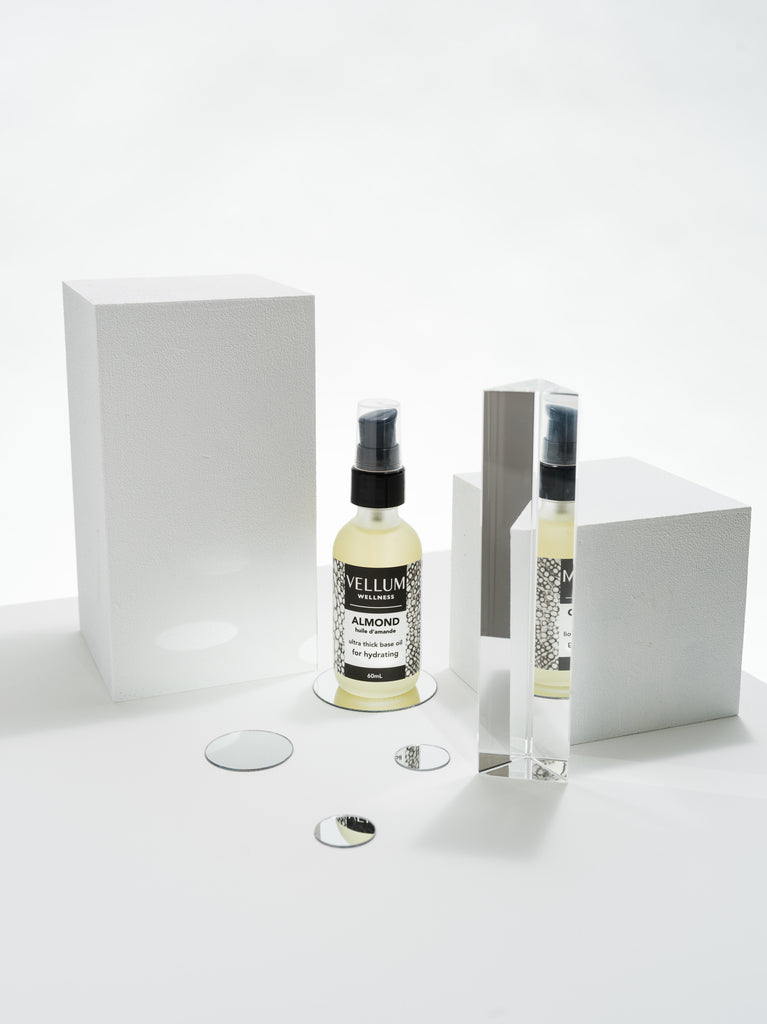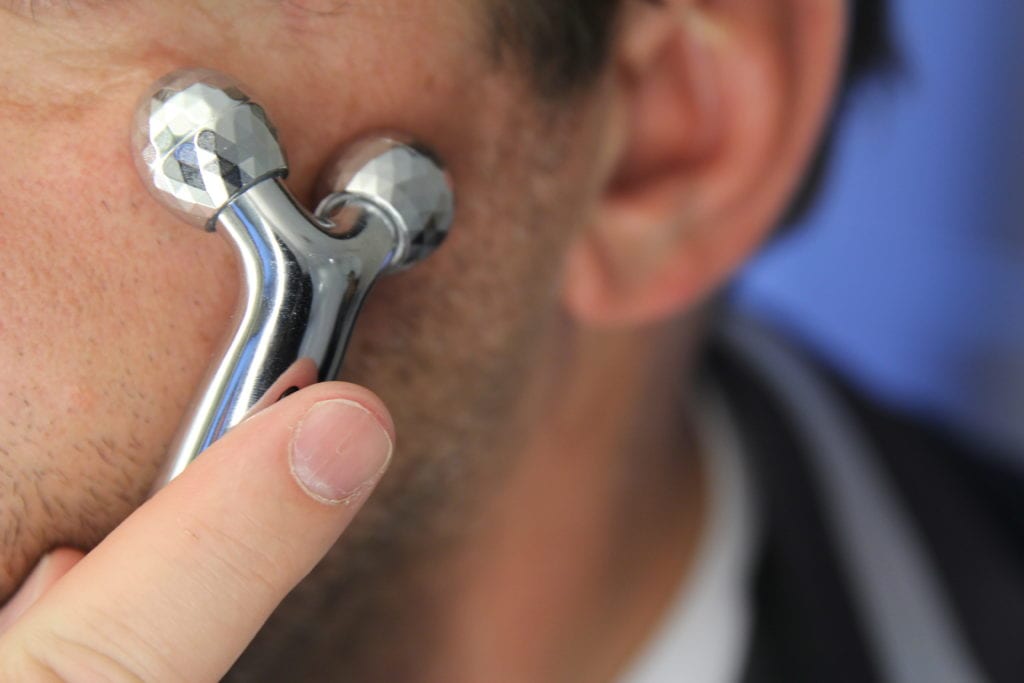
How to Start Journaling for Self Care
Journaling for self-care is an effective way to process your emotions which improves mood and helps you feel calmer and more in control. Just a few minutes spent exploring your feelings, gets you to the root of anxieties and dissolutions that are circling your brain and stressing you out. The result of journaling is a clearer, more peaceful mind and journaling for self-care has been shown to boost memory, improve sleep and even strengthen the immune system.
Journaling is so simple and virtually free; you can do it on your phone, computer or loose-leaf paper, so why is it hard to keep the routine going?
If you're anything like me you've had your share of stop-and-starts with journaling. I've been writing in spurts since I learned to put pen to paper. My routine's been the same since I was writing about crushes in my diary: I'd open up a crisp new notebook and delve into the happenings of the day until my hand cramped from rushed strokes. The very next night I'd open my journal up to the first blank page and write to my heart's content. Then I'd miss a day, or two, and in a huff, I'd try to fill my journal in on what I'd been up to since I'd last wrote, and fall asleep before finishing. After that, journaling would feel like a chore since I was so behind, and the book would lay unopened for months until creativity struck again.
That's no way to journal.
Journaling for self-care is so important for mental health because it helps unlock emotions that are festering in the brain. I knew I had to get back into it and what worked was shutting down the whole "here's what happened on the last episode" recap and instead, splitting my journaling into four books that I use daily.
1. The Morning Pages
 Morning Pages is a journaling practice adopted from "The Artists Way" by Julia Cameron. This book advocates writing three pages of stream-of-consciousness ramblings which she calls "brain drain". This means that you just let it all spill out onto the pages. Jump from topic to topic, or write about your dreams or just jot random words that don't link. The reason for writing first thing in the morning is because according to Jungian principles, our ego defenses don't kick in until we've been awake for 45 minutes, so this is the best time to get soul-bearing stuff deep in the brain.
Morning Pages is a journaling practice adopted from "The Artists Way" by Julia Cameron. This book advocates writing three pages of stream-of-consciousness ramblings which she calls "brain drain". This means that you just let it all spill out onto the pages. Jump from topic to topic, or write about your dreams or just jot random words that don't link. The reason for writing first thing in the morning is because according to Jungian principles, our ego defenses don't kick in until we've been awake for 45 minutes, so this is the best time to get soul-bearing stuff deep in the brain.
Journaling for self-care helps us look at our lives objectively and the more you write, the more you begin to see patterns. We lead busy lives and journaling is an outlet that helps you step back and assess your emotions. Often just writing things down helps to release that emotion and you leave it all there in your journal.
I chose the smallest book I had to do my morning pages (life hack!) and I write 3-4 pages each morning after I use the washroom, stretch a little and turn on my diffuser, adding some invigorating citrus oils.
2. The Gratitude Journal
There's always something to be grateful for, and having a gratitude journal opens you up to your lucky life and keeps good energy flowing the entire day. I use "The Five Minute Journal" by Alex Ikonn and UJ Ramdas. This journal takes three minutes to complete and is split between the morning and night. In the morning, you write about what you're grateful for, what would make the day great and an "I am" affirmation to remind yourself how godlike you are. At night, you write about the good things that happened and what could have gone better. It's also a nice way to record your life and look back on the memories you've made.
3. The Agenda
 Having an agenda is a great way to keep on track and to record your growth and progress. I use this agenda by Fringe to forecast my month and set goals as well as to keep track of appointments, work tasks, my vitamin intake, and sometimes to track strange medical things that might need attention.
Having an agenda is a great way to keep on track and to record your growth and progress. I use this agenda by Fringe to forecast my month and set goals as well as to keep track of appointments, work tasks, my vitamin intake, and sometimes to track strange medical things that might need attention.
4. The Productivity Planner
If you're in school or working and find you keep making lists for your lists, it's time to invest in this productivity planner by Intelligent Change. This planner helps you prioritize tasks and break them down into bite-sized chunks. It also helps you give focused attention to your work using the Pomodoro technique. start work each morning by inhaling lemon, Vellum's oil for focus, right from the bottle of my desk before I crack open my planner and write my three tasks for the day.





